THE LAST 10™ POUNDS PODCAST
EP. 57- Intermittent fasting: what you need to know.
EP. 57- Intermittent fasting: what you need to know.
Podcast: Play in new window | Download
Hi and happy Monday! Welcome back. Today’s topic is something I’ve gotten an abundance of questions about of late: Intermittent Fasting. It’s all the buzz right now, and I’m incredibly excited to break it down in a way that you can make the most empowered decisions about it for yourself.
Everyone Fasts
Fasting isn’t something new. The first meal of our day is called breakfast. You’re breaking your night-time fast when you eat your morning meal. I’m not here to tell you whether intermittent fasting is good or bad. Today’s episode is just about getting you the information you need to make the most informed decision about intermittent fasting. One thing we can all agree upon is that there is so much information about intermittent fasting on the internet. A quick Google search could have you more confused than ever, so let’s get started.
Breakfast Myths & Methods
There are so many conflicting ideas on what to do about your morning meal. You may have heard you have to start your day with a healthy breakfast so you can get your metabolism off to a good start, or you may have heard, “Eat breakfast like a king, lunch like a prince and dinner like a popper.” There are even people who say you should eat five to six small meals a day starting with breakfast to keep your metabolism running strong. There’s data to suggest that big breakfasts provide the best results for weight loss, but there are also studies that indicate intermittent fasting is the more effective approach when it comes to optimum human performance, health improvement, hormone improvement, and of course weight loss.
The problem with having so much information is that it can make us feel stumped and frustrated. Today we’re going to make sure you have all the information you need to make an informed decision about what makes us overweight and what we can do to get back to basics.
What Causes Weight Gain?
Overeating – A Surplus of Total Intake
Intake can be measured in different ways. Some use calories, some use intuitive eating, some use points or macros, but they’re all essentially the same thing. Overeating keeps you from losing weight. Simple as that.
There are typically two categories of overeating. The first cause is emotional eating. If you’re eating when you’re stressed or at the end of a long week, you’re stress eating. The other cause of overeating is over-desire or cravings. You have a plan, you’re doing fine, and all of a sudden the cookies get hold of you.
Hormones
Your hormones control the chemistry that causes you to gain or lose weight. Many things can affect your hormones, but two of the foods that most affect hormonal balance are flour and sugar. I have a whole episode, Episode 12, dedicated to hormone balance, so if you haven’t listened to that, please go back and check it out.
Today’s Strategy: Weightloss Triage
When a client comes to me stuck and frustrated, this is what I do. A triage, in the practice of medicine, is an assessment of the degree of urgency of an injury or illness. For our purposes, we’re going to address the degree of importance through the lens of our weight loss goals. Before deciding if you want to intermittent fast or not, do a weight loss triage. Fasting is a tool, not a diet. It’s an optional and supplemental tool to be tested, tweaked and experimented with once you’ve addressed the primary and fundamental contributors to your weight.
Question #1: Am I Overeating?
What to do:
The Hunger Scale (Episode 6)
3 Meals a Day, Eat When Hungry, Stop When Full
Question #2: Am I Still Eating Sugar or Flour in a Non-Strategic Way?
What to do:
Plan for One Weekly Joy-Eat (Episode 6)
How to Ditch Sugar Without Feeling Deprived (Episode 7)
Remember that consistency and patience are essential to the process. If you’re losing 1/2 to 1/3 of a pound per week, you’re doing great!
Nuts, Fruits, Grains & Starchy Vegetables
If you’re not overeating and you’re not eating sugar or flour in a non-strategic way, it’s time to look at nuts, fruit, grains, legumes and starchy vegetables. Yes, these foods have nutrients and fall into the healthy category, but they’re still carbohydrates. They will spike your insulin. Be careful with nuts. They’re very calorically dense. Even though they’re healthy, they can still set you back on your journey to weight loss success.
If you look at all of these things and make consistent changes in your life, you will see results. Everything we’ve talked about so far is what’s going to make up your weight loss triage.
Intermittent Fasting
Very often with new dieting tools that are on the rise, many people want to skip over these primary, fundamental, and essential things that need to be looked at first and want to use this new tool as a quick fix. There is no quick fix. If you’re following your plan, you’ll see results. Train your brain to look at the cause of your excess weight. If you’ve already addressed these things and you’re not losing weight, you’re in the fine-tuning phase, and maybe intermittent fasting is for you. Now you can test this tool and see if it works for you.
We have to think of fasting as a tool, not a diet. Whether we’re doing it intentionally or not, we all fast. Typically my husband and I eat dinner at 7 pm and breakfast at 9 am. That’s 14 hours without eating; 14 hours of fasting. If you want to try intermittent fasting, but want to continue my program (breakfast, lunch, and dinner), you can extend the amount of time between dinner and breakfast by eating earlier in the evening and later in the morning. There is no one magic formula for intermittent fasting. It can be used to different degrees and can be useful when utilized in varying degrees by different people.
What Happens to the Body When We Fast?
There are different systems in our body. One is called the parasympathetic nervous system or rest and digest system. The PNS conserves energy during fasting. Our heart rate slows down. Intestinal and gland activity increase. The PNS helps the body rest, digest and recover, like a smartphone in power save mode. One of the things to keep in mind as women is that fasting can affect women differently than men. It’s up to you to make these final tweaks when trying to lose those last ten pounds. Fasting can change your hormones in different ways than other people. Some women react to fasting by increasing cortisol levels; this can put stress on your hormonal balance and throw off progesterone levels which can affect your metabolism and reproductive health. If you experience changes in your circadian rhythm and stress levels, maybe intermittent fasting isn’t for you.
For most women, 12 hours of not eating–or intermittent fasting–is often appropriate. Many who increase their fasting window can see benefits concerning hormonal balance and energy. Everyone is different, so some experimentation might be necessary. For some, a 16/8 fasting/eating window can be appropriate. For some, eating breakfast earlier can prove beneficial when it comes to weight loss.
Make sure to listen to the episode for some great examples of the experiences my clients have had with intermittent fasting. For some women, it can be an empowering tool for appetite and hormone management. A scarcity mindset can drive some women to overeat.
Do whatever works best for you! Make sure you do your triage. Address any problems you’re having with overeating or your hormones, and if you decide to experiment with intermittent fasting, listen to your body. Don’t get hung up on it. It’s just a tool. If you get results after two weeks, keep using the tool. If not? Tweak your methods or stop. It’s that simple.
I hope this episode has empowered you to make the best decision for you regarding intermittent fasting. Stay tuned in the coming weeks for episodes that will help empower you to make empowered decisions on Keto, Nuts, Fruits and Grains. Keep addressing the basics, and you’ll lose the weight.
If you have questions you’d like answered on the podcast, send me an email at Brenda@BrendaLomeli.com.
XOXO
Brenda
recent podcasts
Want access to all of my podcasts?
Subscribe to my channel.















